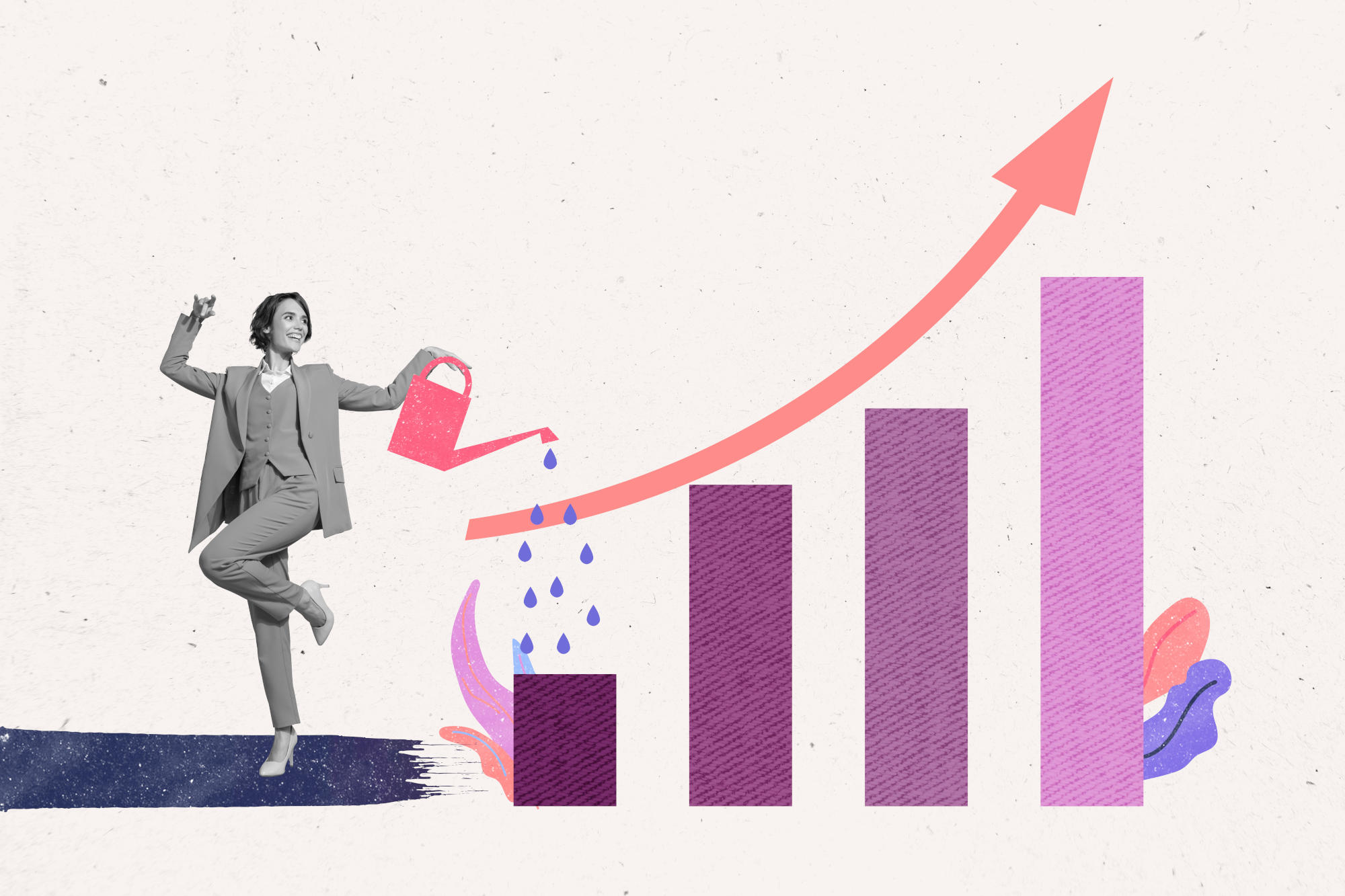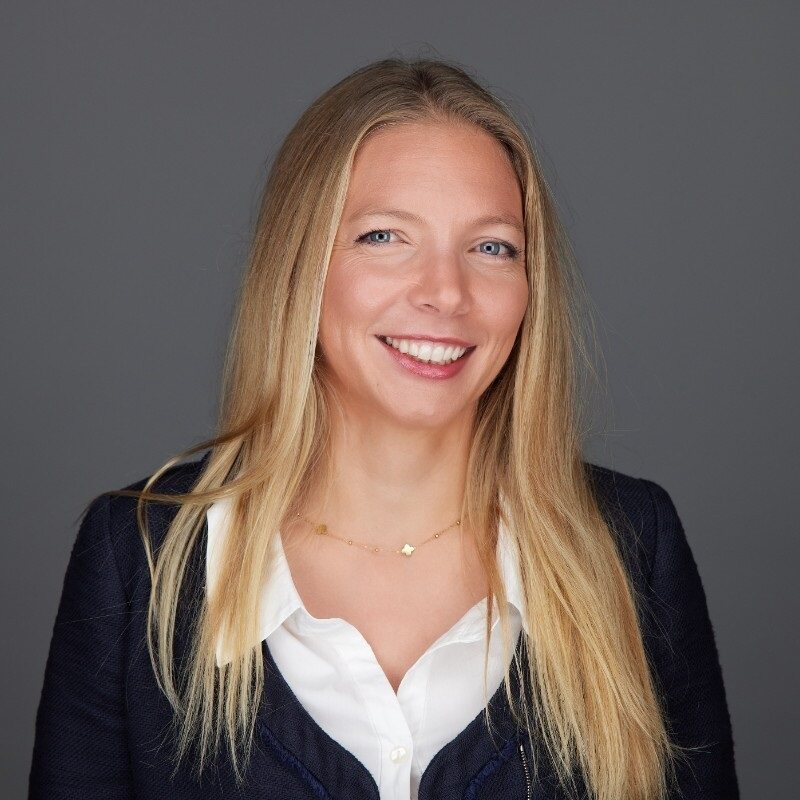A non-linear path, and why it worked
The path that brought me here wasn’t a straight one. I studied international law at the Graduate Institute in Geneva, expecting to work in international organizations or diplomacy. But early on, I took a role in Corporate Social Responsibility or CSR, as it was called then, at an oil and gas company. That move, though unexpected, marked the beginning of my sustainability journey.
After a few years in my role, I felt there were limits to the role and few opportunities to grow. I started exploring new directions: sustainability, which was still quite niche at the time, and risk management, both inside and outside the sector. But nothing seemed to land.
Eventually, I gave myself permission to pause and let go of the pressure I had placed on myself. A few months later, our leadership team announced a spin-off of our non-core assets, and I had the chance to join a new venture. It was a small team, just ten of us at the corporate headquarters, and it felt like working in a startup, but inside oil and gas. That experience opened new doors. I got involved in business development, M&A, and operational integration across different countries. It wasn’t a traditional ESG role, but it gave me exposure to how companies are really built and run.
If I’ve learned anything, it’s that the roles that stretch you don’t always have “sustainability” in the title. Sometimes, the best way to understand how change happens is to be part of the system of making decisions.
Sustainability is a journey, not a job title. You don’t need “ESG” in your title to make a difference. You need curiosity, conviction, and a willingness to work at the heart of decision-making or innovation.







 Audio available
Audio available